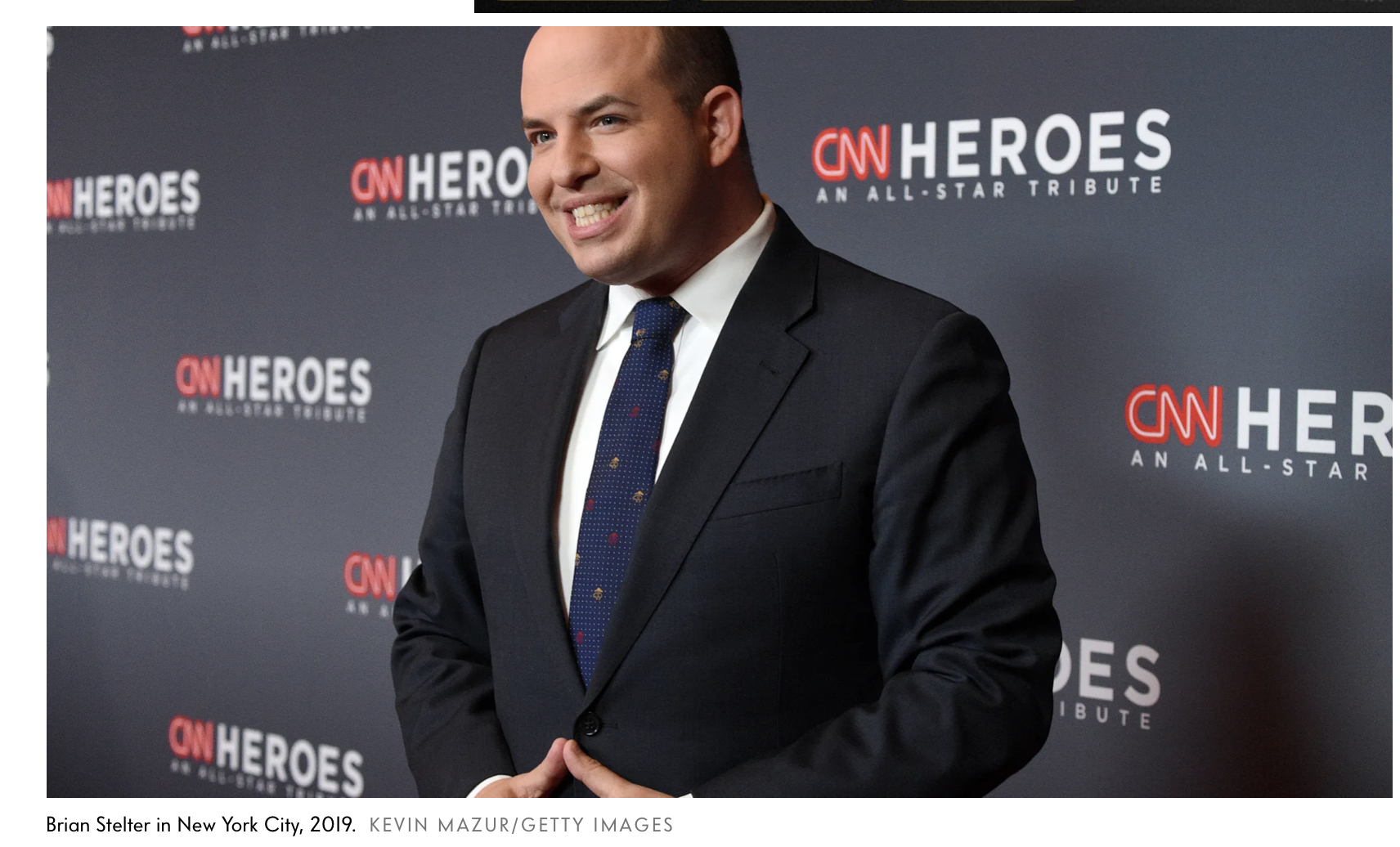A friend, one of the few who remembers Dannel Malloy, sent this along:
/ah, for the good old days, when they had Trump to kick around, and boost ratings
“Harvard the last refuge of mentally impaired progressives: I guess poor old Dan Malloy didn’t rate an Ivy League domestic political refugee appointment”
Our former Governor was given a face-saving one-year extension from the University of Maine, where he’s been serving as president, but he’ll be gone by next summer. Harvard, on the other hand, is loading up on communists and idiots; but then, I repeat myself.
Fired CNN Host Brian Stelter Joins Harvard To Work On ‘Threats To Democracy
The Shorenstein Center on Media, Politics and Public Policy at Harvard Kennedy School announced it hired CNN host Brian Stelter to “convene a series of discussions about threats to democracy and the range of potential responses from the news media” as their new Media and Democracy fellow for the fall semester.
— Shorenstein Center (@ShorensteinCtr) September 12, 2022
Stelter reportedly imagines the opportunity as a way to host similar discussions as those on “Reliable Sources” in college campuses, Axios reported.
His show often criticized conservatives and supporters of former President Donald Trump, and once compared the “radicalization” of Trump supporters by the “right-wing media machine” to members of ISIS.
Harvard’s Kennedy School says their visiting fellowship program “brings distinguished veterans of public life for a short yet comprehensive stay at the Institute of Politics.” In August, Harvard hired former Democratic New York City Mayor Bill de Blasio to teach public service and leadership.
More than 80 percent of Harvard faculty respondents characterized their political leanings as “liberal” or “very liberal,” according to The Crimson’s annual survey of the Faculty of Arts and Sciences in April.
A little over 37 percent of faculty respondents identified as “very liberal”— a nearly 8 percent jump from last year. Only 1 percent of respondents stated they are “conservative,” and no respondents identified as “very conservative.”

